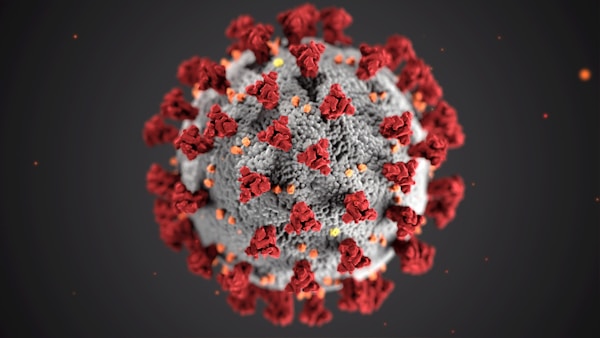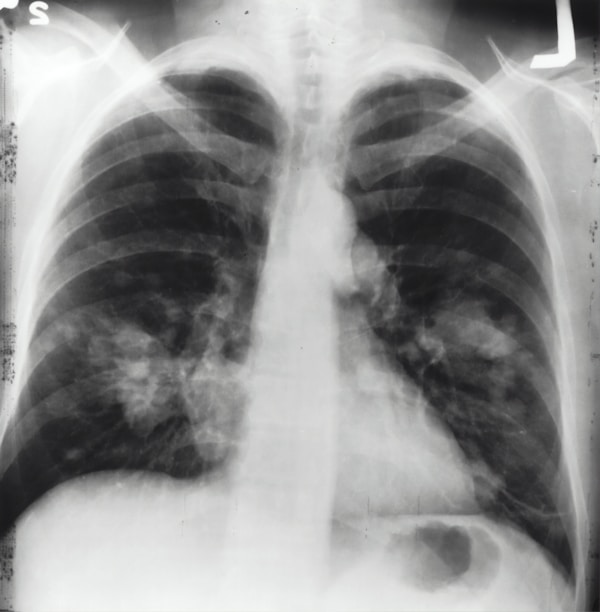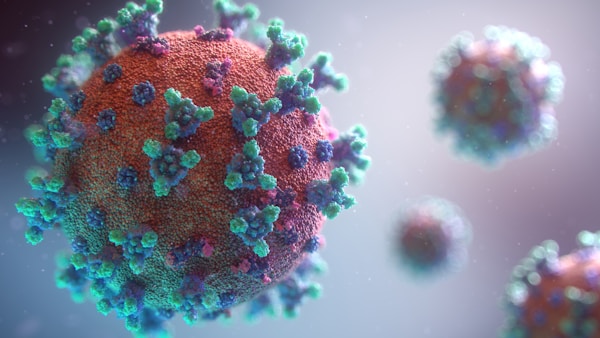
4323 7645 2828 0713


4323 7645 2828 0713

Clinical trials are a subset of clinical research and reside at the core of all medical advances. Clinical trials look at new ways of preventing, detecting, and/or treating diseases. Treatments might be new drugs or new drug combinations, new surgical devices or procedures, or new ways to utilize existing treatments.The goal of clinical trials is to determine the safety and efficacy of new treatments. Clinical trials can also look at other aspects of care such as improving the quality of life for people with chronic illnesses.
People participate in clinical trials for a variety of reasons. Most healthy research participants list their desire to help others as their main motivation for enrolling in a clinical trial. Many of these participants have friends or family members that have suffered from conditions with limited treatment options in the past. Research participants with an existing illness or disease also participate to help others, but also for the possibility of receiving investigational treatments not yet available to the general public.
Clinical trials offer hope for many people and an opportunity to help researchers find better treatments for others in the future.











